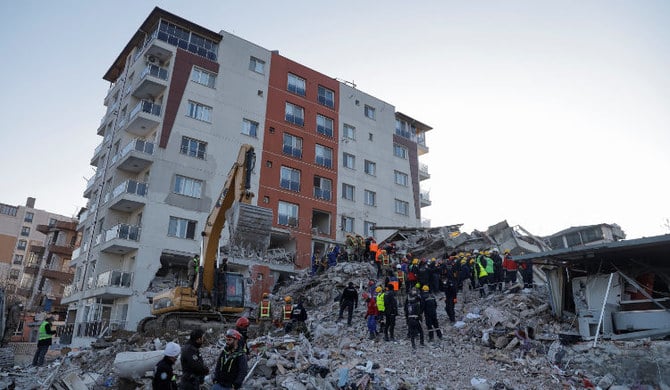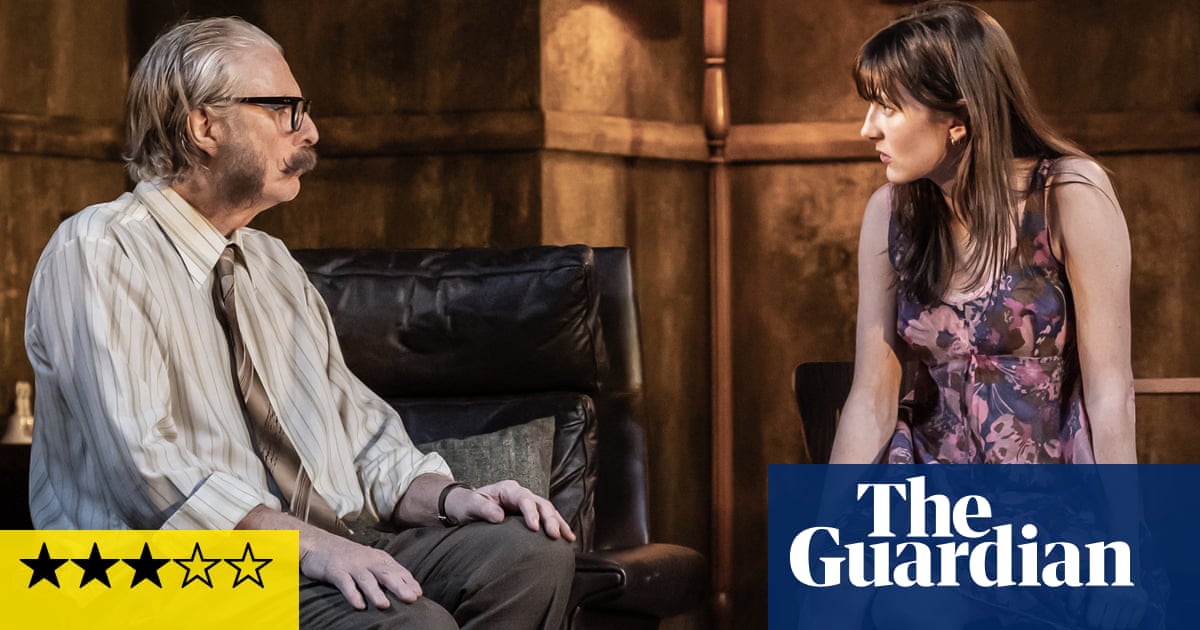
What’s the point of another Macbeth movie? It wasn’t that long ago we had Justin Kurzel’s big realist version, with Michael Fassbender and Marion Cotillard. Well, there’s always a point if the film is as compelling and visually brilliant as this. Director Joel Coen, working for once without brother Ethan, has delivered a stark monochrome nightmare, refrigerated to an icy coldness.
With Shakespeare’s text cut right back, it’s a version that brings us back to the language by framing the drama in theatrical, stylised ways: an agoraphobic ordeal in which bodies and faces loom up with tin-tack sharpness out of the creamy-white fog.
Coen’s visual contrivances have something of Kurosawa and Welles, with some German expressionist shadows, and this looks like a crime drama from the 30s or 40s – but entirely naturally rather than as an interpretative affectation. Bruno Delbonnel’s cinematography is pellucid and austere and Stefan Dechant’s magnificent production design imagines Macbeth’s castle as a giant, rectilinear modernist house, with chilly courtyards bounded by vast vertiginous walls and corridors that extend like some sort of open-plan death row.
Disturbingly, there is no sense of what it looks like from the outside: we are always within its Escher-like weirdness, with battlements that can extend infinitely into the fog. This Macbeth is in many ways similar to the Coen brothers’ black-and-white crime thriller The Man Who Wasn’t There, which had Frances McDormand as the barber’s wife, brooding and suffering, a lot like Lady Macbeth.
And McDormand is of course Lady Macbeth here, a role she was born to play, bringing a hard-won domestic authority and her own sort of military determination to the plan to kill King Duncan.
Macbeth is Denzel Washington, who portrays the Thane as already exhausted by his great triumph in the King’s cause at the very beginning, a moment at which he might be expected to look forward to retirement. Washington’s signature rolling swagger looks careworn, but his Macbeth submits to both the duplicitous supernatural promises and his wife’s demands like a soldier taking his orders. And then, angry and paranoid, he escalates his fanatical rule with a series of pre-emptive murders while McDormand’s Lady Macbeth retreats into horror and despair.
Brendan Gleeson has a cameo as the King, and Coen imagines a gruesome close-up murder scene for him. Corey Hawkins is a fierce Macduff, lacerated with self-hate for abandoning his wife and children to the tyrant. Bertie Carvel is Banquo; Harry Melling is young Malcolm. Kathryn Hunter is the witch apparition who presents herself disturbingly to Macbeth with two reflections in a pool of water and Stephen Root is the hungover porter making gags about erectile dysfunction, hinting at the reason behind male rage.
Washington takes the big speeches at an even pace, sometimes rolling over shades of meaning. He sees the floating dagger and the ghost of Banquo but we don’t. McDormand is more specific and precise in her delivery. Interestingly, Coen lets the two do the cheeky “If we should fail? We fail!” line-reading, which isn’t strictly accurate but has an irresistibly modern sound. Unlike Kurzel, Coen does not directly address the mystery of the couple’s childlessness but lets the issue hang in the air with Lady Macbeth’s lines about breastfeeding. And Coen offers an ingenious new theory about the identity and significance of the third murderer.
The movie hits its stride immediately with a taut, athletic urgency and it contains some superb images – particularly the eerie miracle of Birnam Wood coming to Dunsinane, with Malcolm’s soldiers holding tree-branches over their heads in a restricted forest path and turning themselves into a spectacular river of boughs. This is a black-and-white world of violence and pain that scorches the retina.











